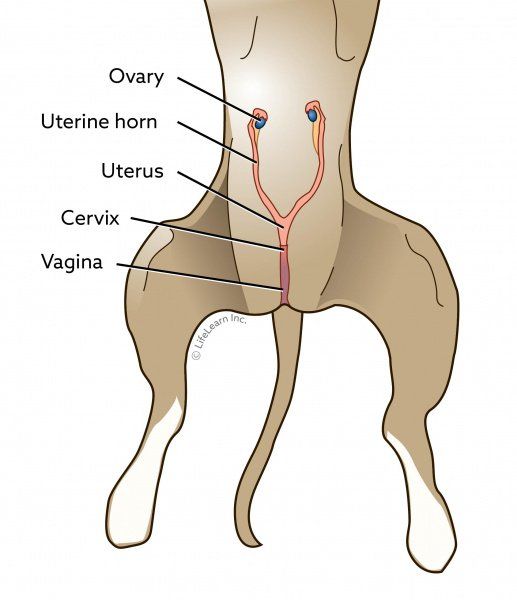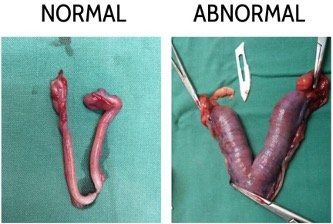Pyometra
Pyometra
What is Pyometra?
Pyometra is a term used to describe an infection of the uterus in an animal. This serious condition affects unsterilised female dogs & cats and can be life threatening! Interestingly, pyometra is actually hormone driven hence creating an optimal condition in the uterus for bacterial infection. After a heat cycle, the hormone progesterone is produced from the ovaries in high amounts to thicken the lining of the uterus in preparation for possible pregnancy. During this time, the immune defence system in the uterus is weakened and is susceptible to bacterial infection. In most animals, the body releases a counter hormone to prevent prolonged period of uterine susceptibility. However, in some animals, this period is sustained and an overwhelming bacterial invasion ensues. Over a short period of time, the infection continues to build up and the uterus will begin filling with pus.
Symptoms
- Discharge / pus leaking from vagina
- Generalised lethargy
- Vomiting
- Lack of appetite
- Increased intake of water
- Listlessness

Diagnosis
Your veterinarian would often carry out various tests once Pyometra is suspected. Diagnostic imaging usually in the form of ultrasonography may be performed to visualise abnormally enlarged uterus. Blood tests may also be undertaken to account for the infection.

Treatment
Surgery to remove the uterus and ovaries is usually performed (spay). This completely removes the source of the infection. Antibiotics should also be administered to treat possible systemic infection. Furthermore, Intravenous fluid therapy is imperative to replenish fluids as affected animals are often fluid depleted. Medical treatment of Pyometra is available, however surgical intervention is often the most effective and curative.

Prevention
The best way of preventing pyometra from happening is to spay or sterilise your female pets. Sterilisation is a definite way of preventing Pyometra from happening, along with the other benefits that comes with it!




